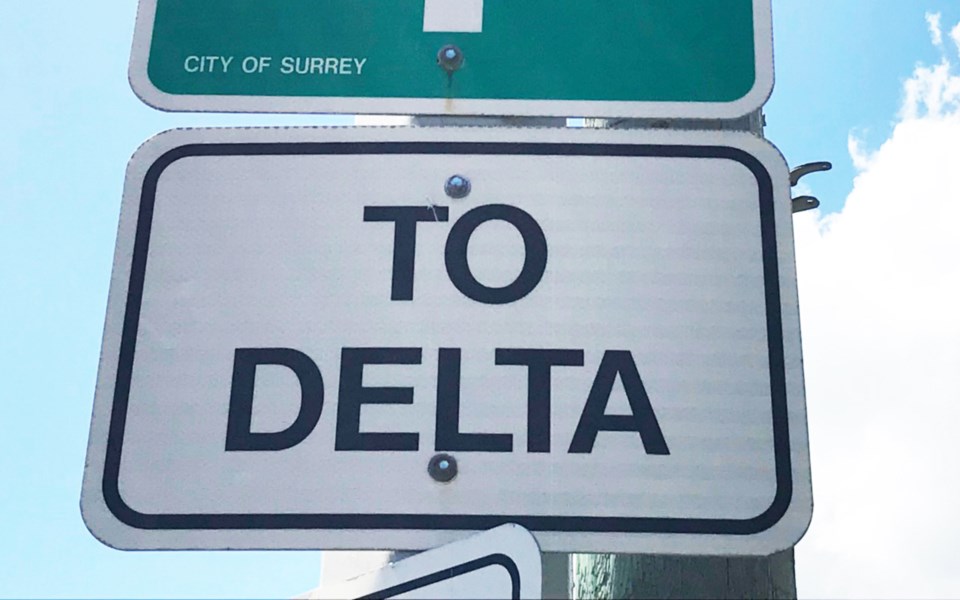Delta council at its July 25 meeting is scheduled to discuss a motion by Coun. Lois Jackson for council to rescind its endorsement of Metro Vancouver’s proposed new regional growth strategy.
At their June 27 meeting, Jackson put forward a motion to reconsider and for Delta not to accept Metro 2050, also asking the regional district board to rescind its preliminary approval of the plan.
Jackson outlined several concerns including inadequate notification and public consultation.
Delta council at its June 13 meeting unanimously approved a staff recommendation to accept the new strategy.
The growth strategy has been in the works by Metro Vancouver since 2019 and is getting closer to final approval.
According to Metro 2050, which is an update from Metro 2040, Delta is projected to have a population increase of 26,000 residents over the next 28 years.
Anticipating Delta will have a population of 123,000 by 2050, the strategy projects the region to grow by 35,000 people per year.
Proposing how to accommodate growth within a land-constrained region, Metro 2050 has new policy considerations for housing, transit and mobility, employment and other issues.
According to Delta planning staff, the plan has strengthened in areas addressing regional livability, urban forest targets, ecologically sensitive areas, the concentration of growth surrounding transit corridors and the protection of agricultural land.
Community Planning Director Marcy Sangret told council that staff recognize that Delta's Official Community Plan (OCP) should be revisited under Metro 2050.
The city will be required to update its regional context statement, which outlines Delta's land use designations and where growth is anticipated and being directed.
Recent changes such the introduction of the Delta Housing Action Plan and changes to the Ladner Area Plan will help create more opportunities for housing and amenities, Sangret explained.
The Metro board gave first and second readings for Metro 2050 on March 25, 2022, and a public hearing was held on April 20.
At its meeting on April 29, the Metro Vancouver Board voted to refer the plan back to all affected local governments for acceptance.
Of the 24 signatories, the City of Surrey and Township of Langley are the only ones that have indicated opposition.
Surrey wants the ability to amend lands with a regional Rural land use designation to Industrial, Employment or General Urban without the need for consideration by the Metro Vancouver Regional Board.
The Township of Langley’s response listed a dozen objections.
Metro’s board will be considering its next steps at its meeting on July 29, 2022.
Metro staff have been invited by Delta council to make a presentation on the proposed plan.




